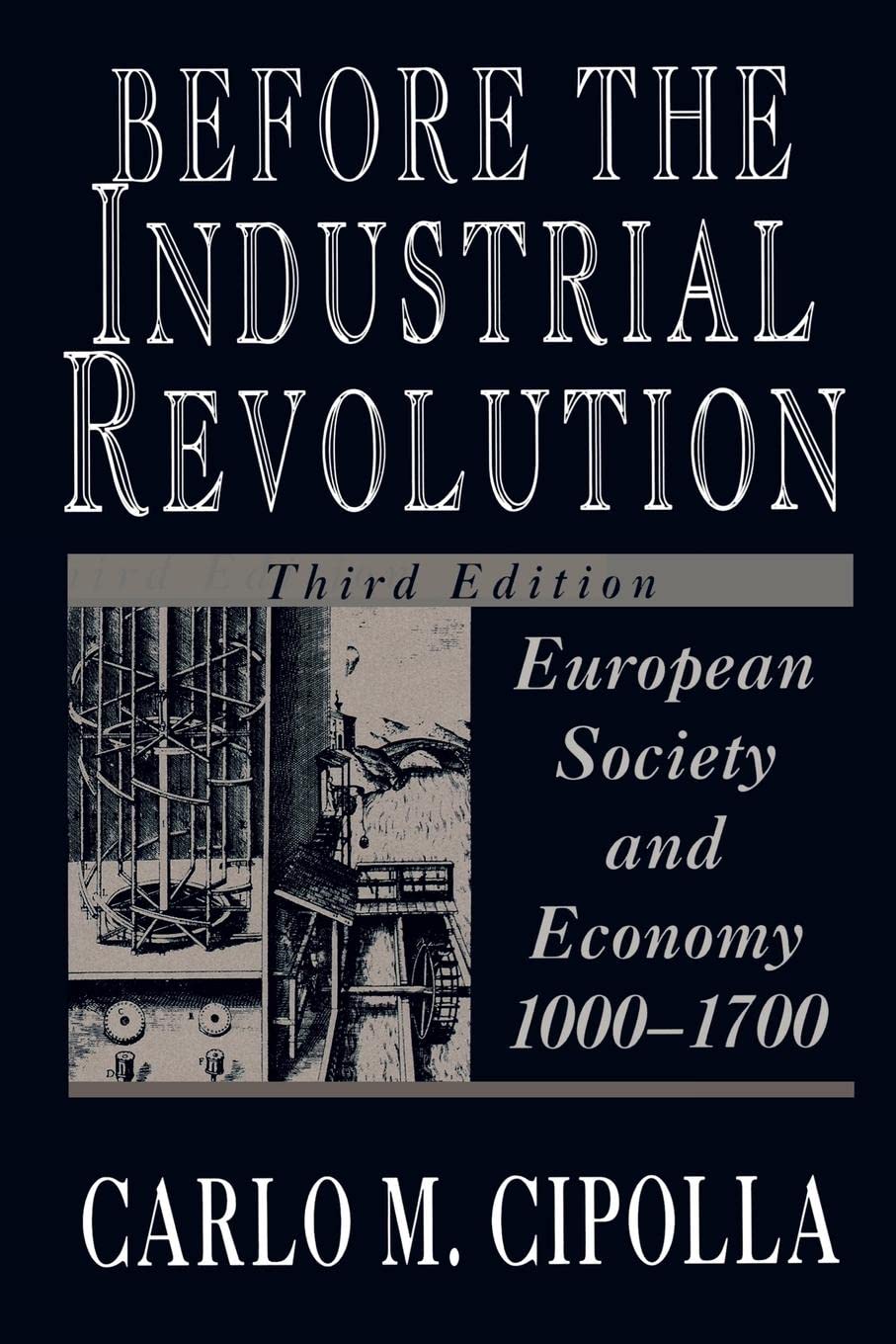It will not answer your question 100% (imho there's no definitive answer for this question), but I pretty much enjoyed Carlo Cipolla's "Before the Industrial Revolution: European Society and Economy, 1000-1700" (https://www.amazon.com/Before-Industrial-Revolution-European...) where he presents Europe's pre-industrial age economy. By comparing it with what followed after ~1780 you can make yourself a pretty good idea about what might have caused the industrial revolution, or, to put it in better terms, what were the differences between England and the rest of the countries in continental Europe.
As I remember it Italy might have had a good chance of achieving it in the 1500s-early 1600s if it weren't for the disastrous Italian Wars (https://en.wikipedia.org/wiki/Italian_Wars) and then the equally disastrous epidemics that had a huge adverse effect on Northern Italian cities in the first half of the 17th century. For example the 1630-1631 plague epidemics reduced Venice's population by 33% (46,000 deaths out of a total population of 140,000), Milan's by 47% (60,000 deaths out of a total of 130,000), Verona's by 61% (33,000 deaths out of a total of 54,000) and Cremona's by 38% (17,000 out of a total of 37,000). The nascent Northern Italian textile industry basically just collapsed after this, which freed the way for England's textile proto-industry to dominate.


I wonder if anyone has written a history of the Dutch economy that can be also accessible to non-Dutch readers (i.e. translated to either English or French or Spanish). From a very outside view (i.e. mine) the Dutch used to be a very entrepreneurial society/people in the 1600s going into the 1700s, but it seems that by the 1800s that spark had gone. They're of course still one of the most developed nations in Europe and in the world, but it looks like in terms of risk-taking they're the same as us, the rest of the Europeans, i.e. behind the Americans and I'd say even the Chinese.
As a similar example the Italian economic historian Carlo Cipolla was blaming the wars and the associated pests/famines of the early 1600s for Italy's towns' fall into economic irrelevance. Not sure if they're easily accessible on the Internet, but in one of his books [1] he presents some charts where the population of entrepreneurial Italian cities of that time such as Firenze, Venice, Brescia, Lucca or Bergamo felt by more than 50% during 1600-1630 (give or take), which caused them not to be able to compete against Flemish and especially English clothes-related industry. I wonder if anything similar happened to the Dutch.
[1] https://www.amazon.com/Before-Industrial-Revolution-European...